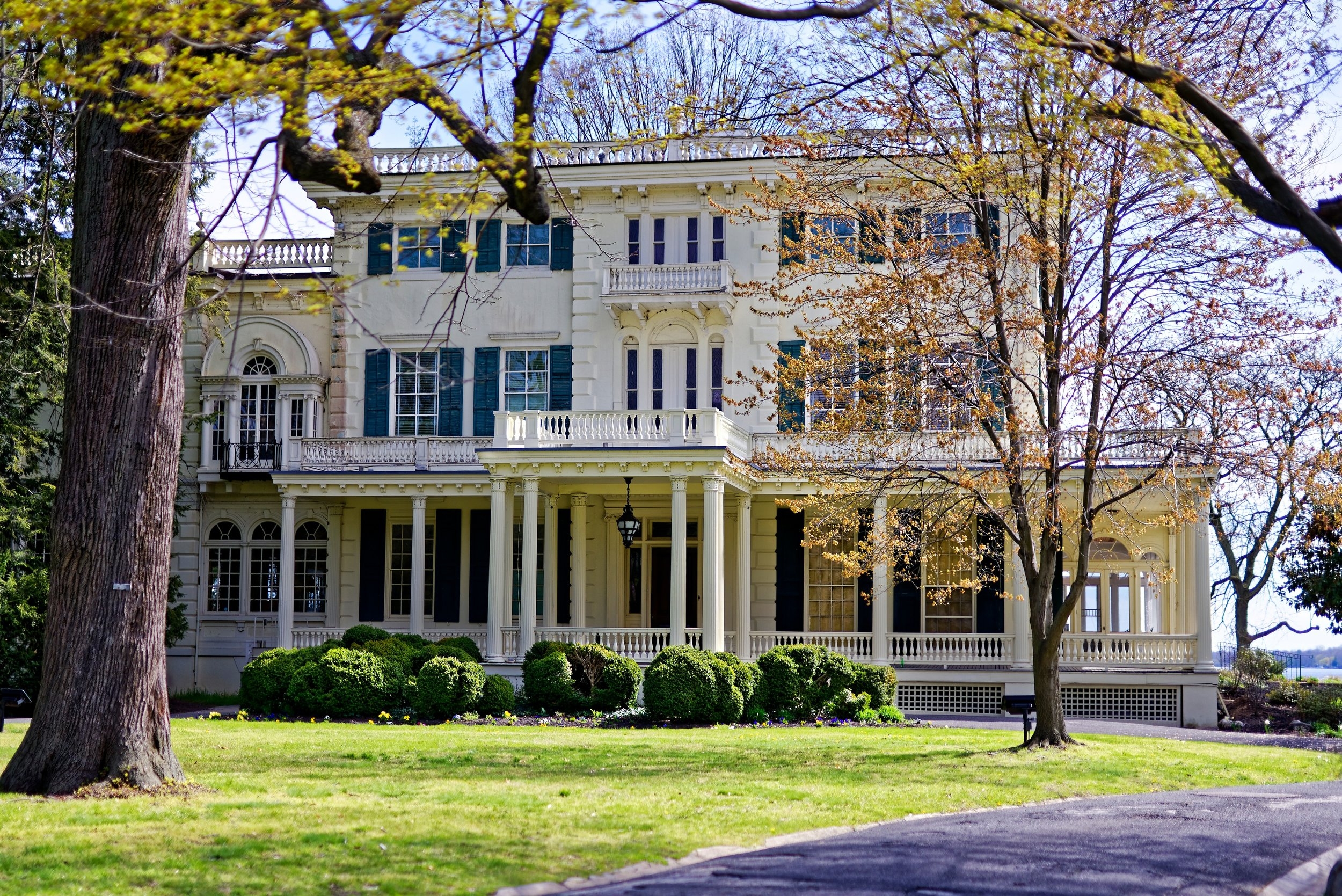
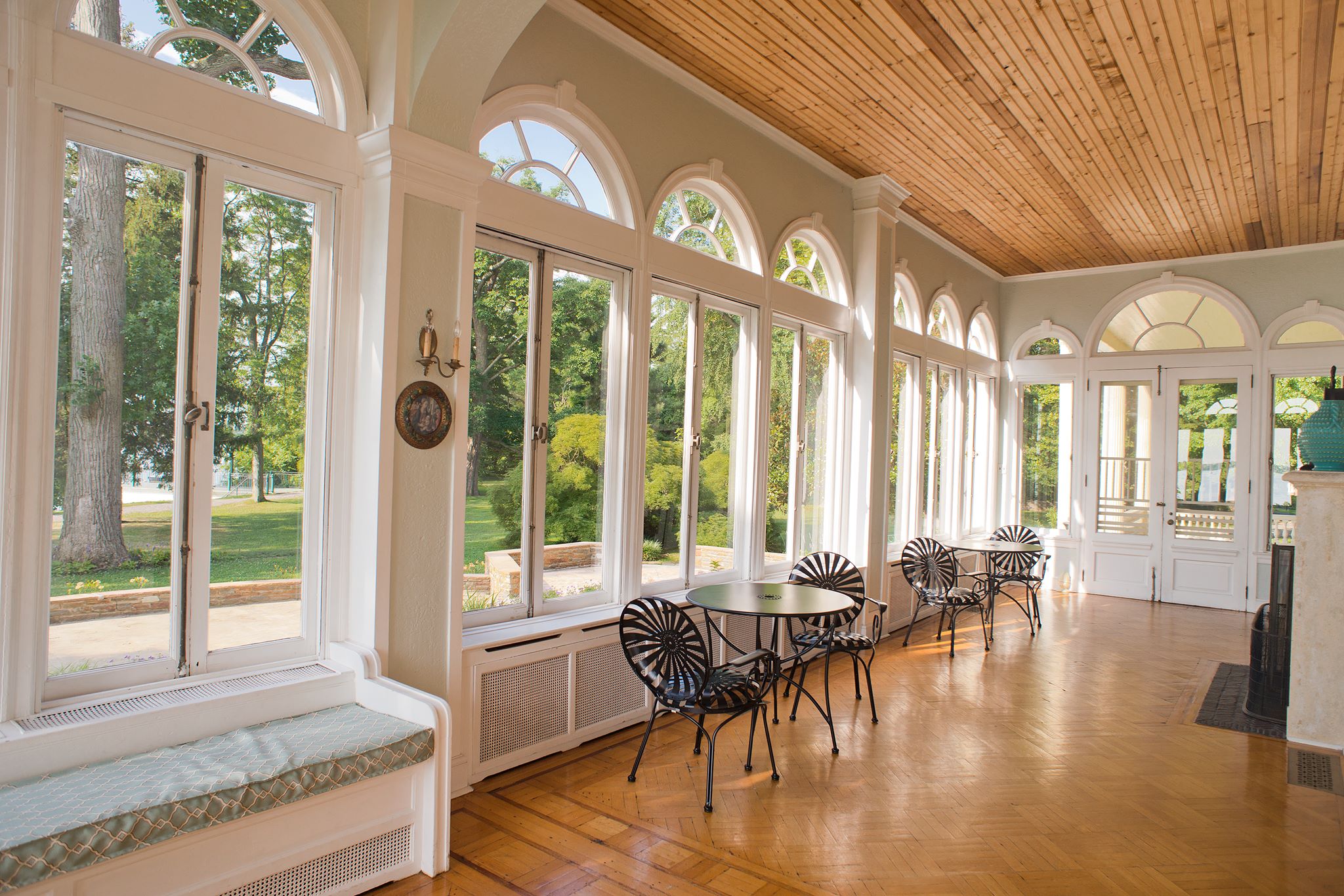
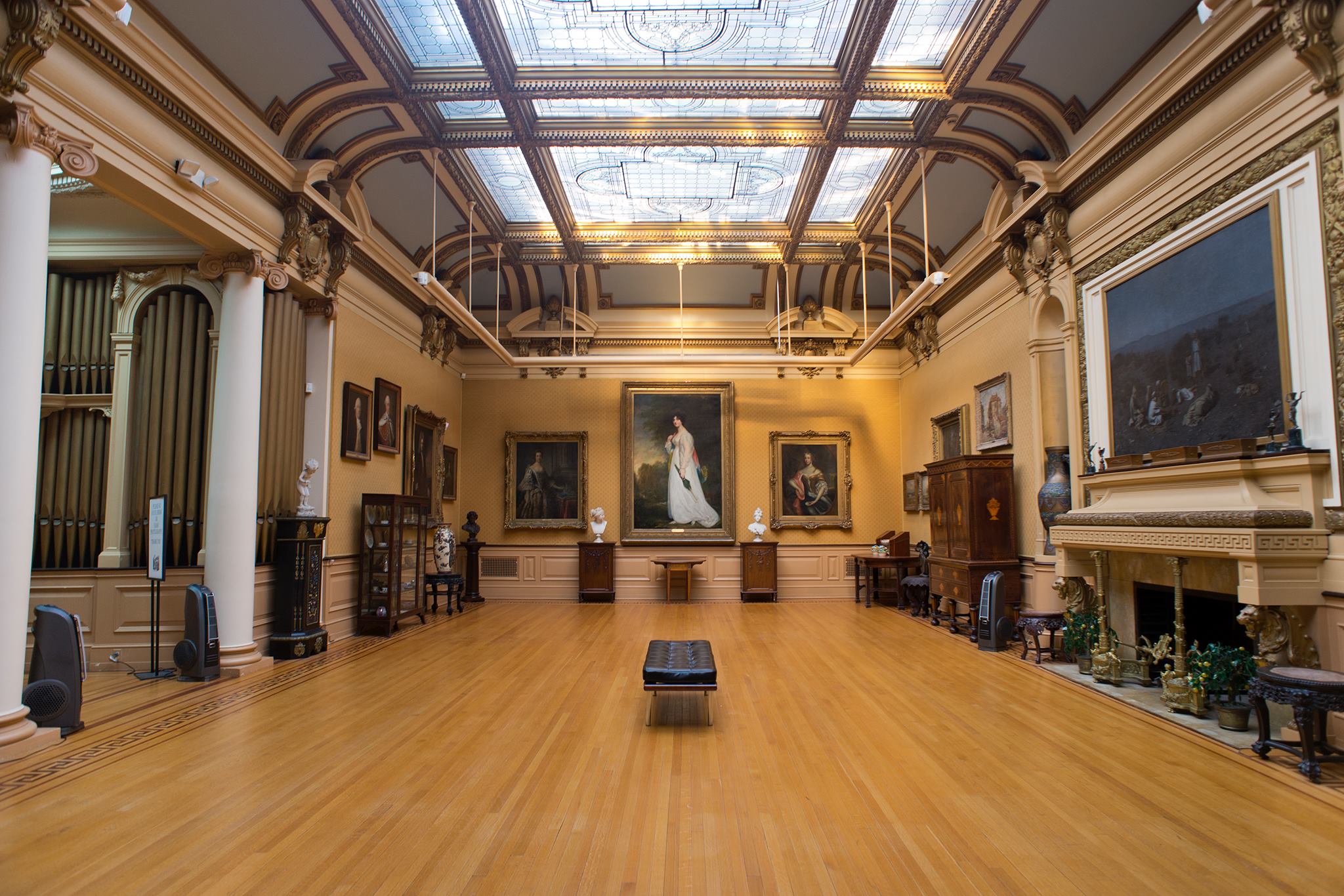
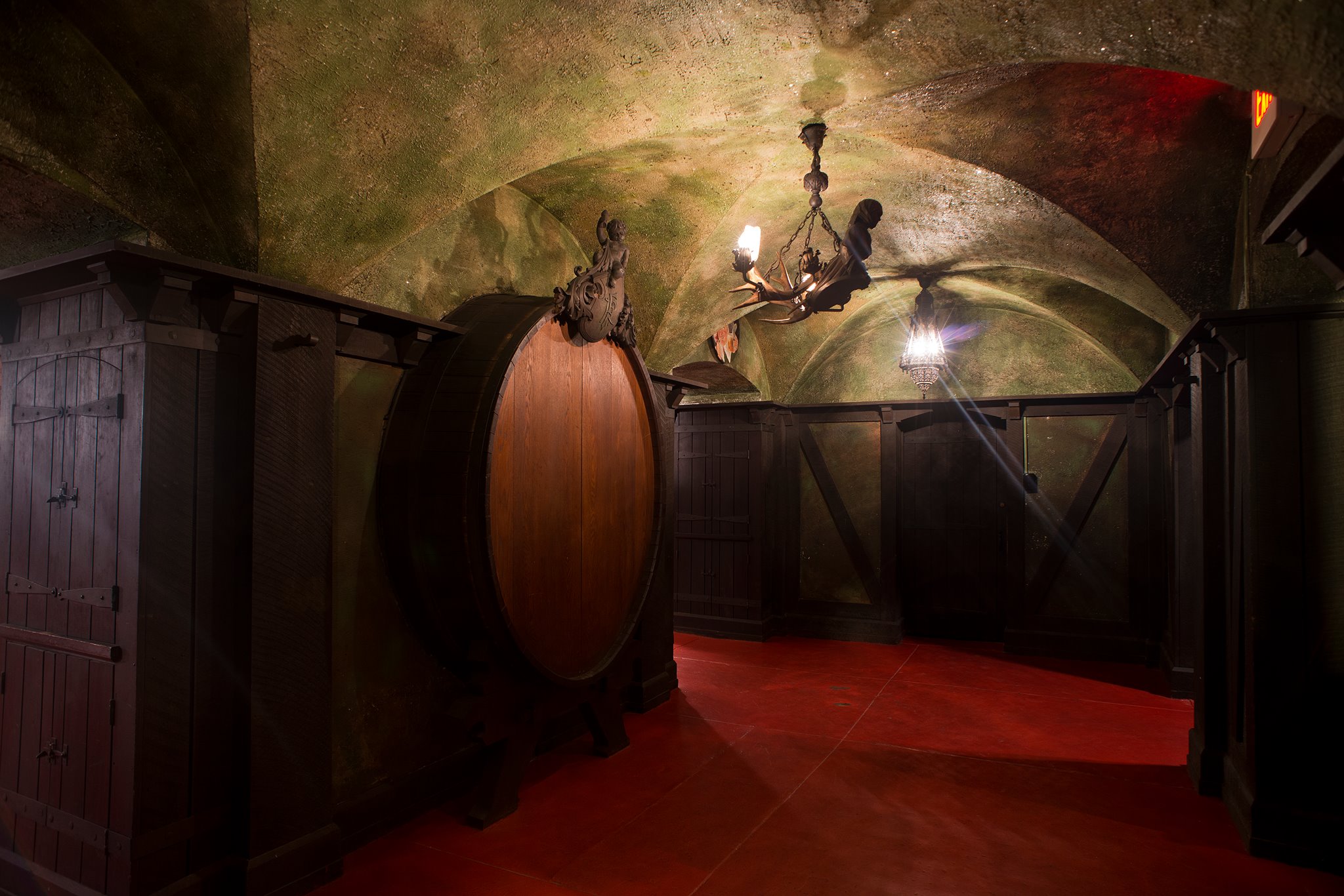
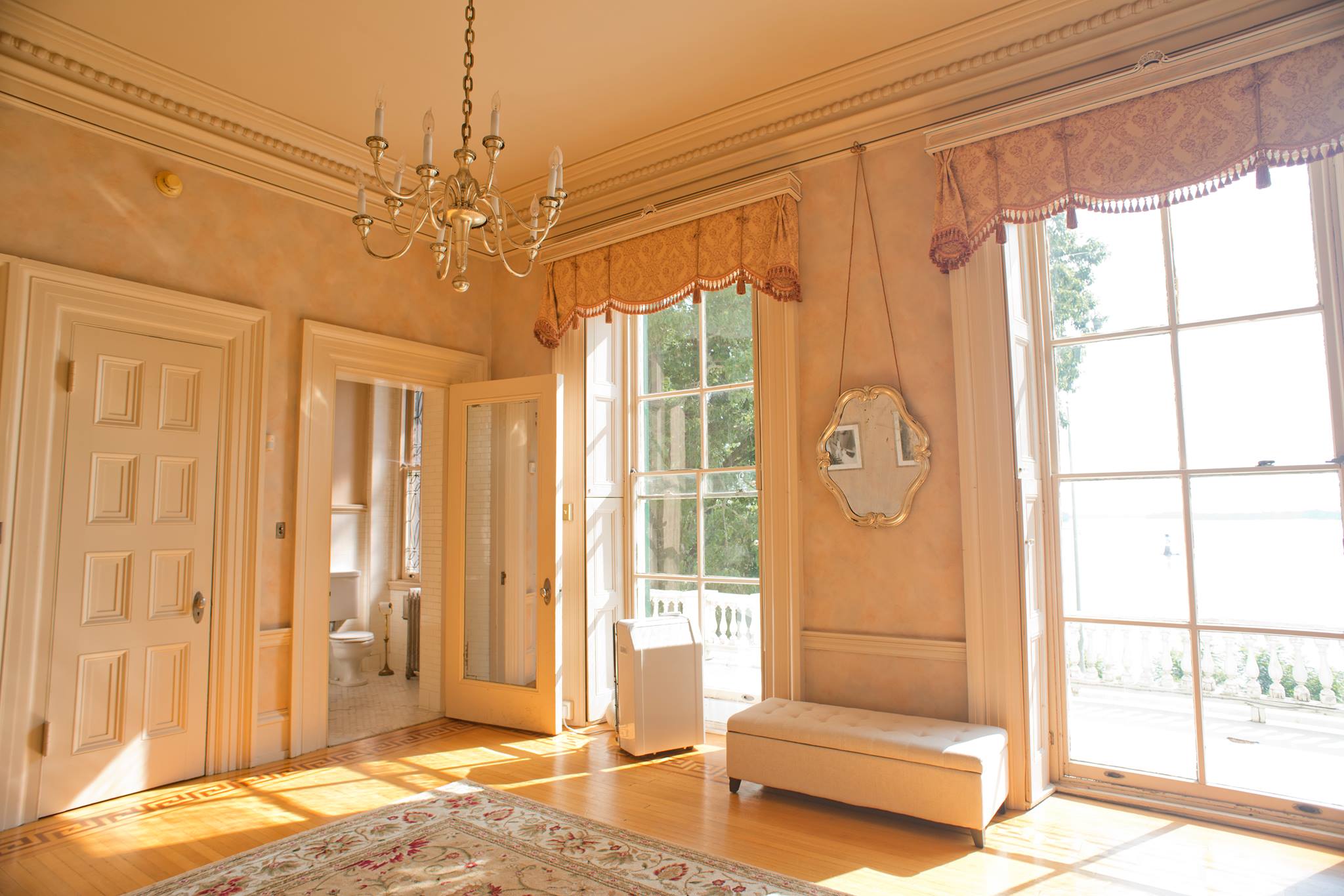
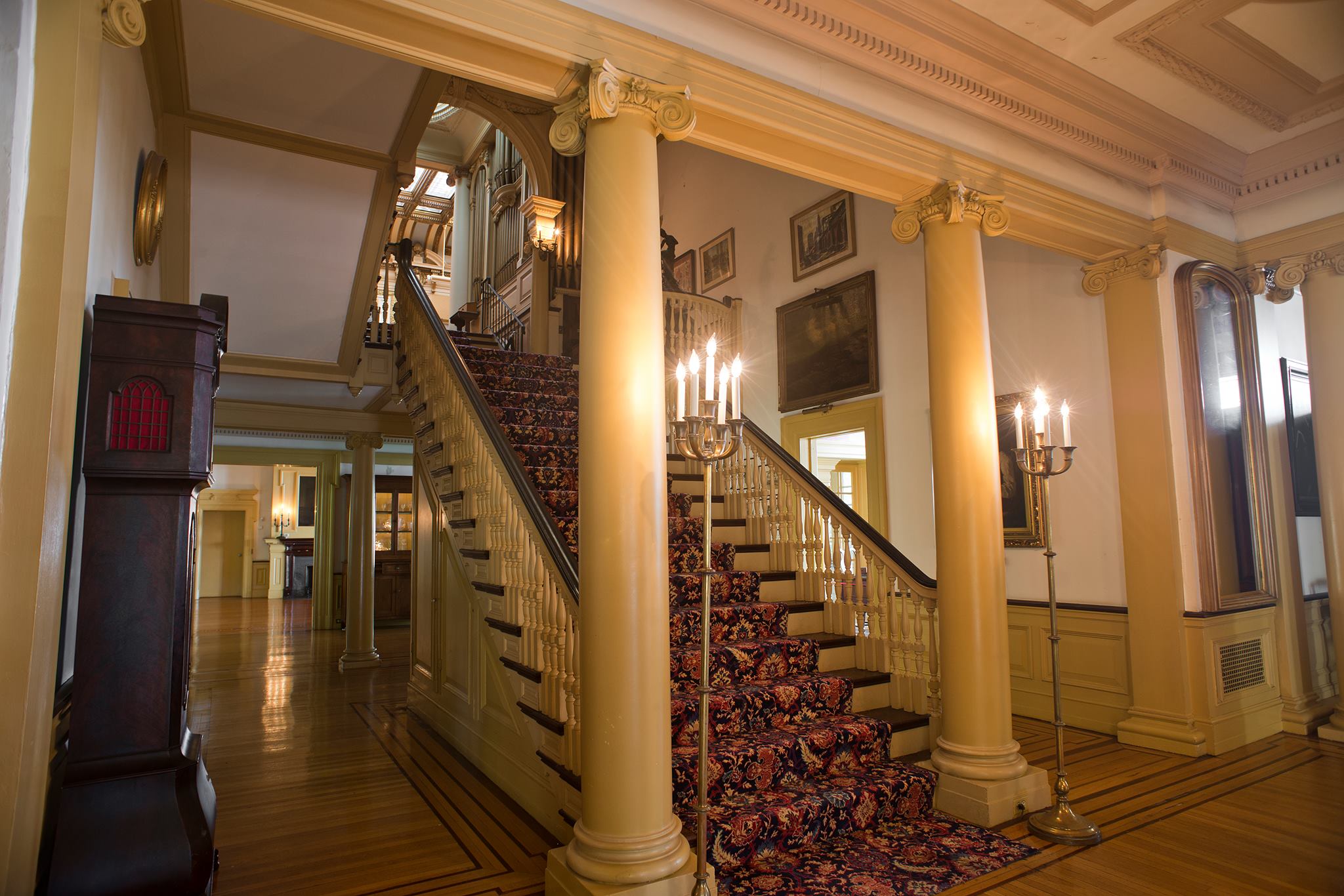


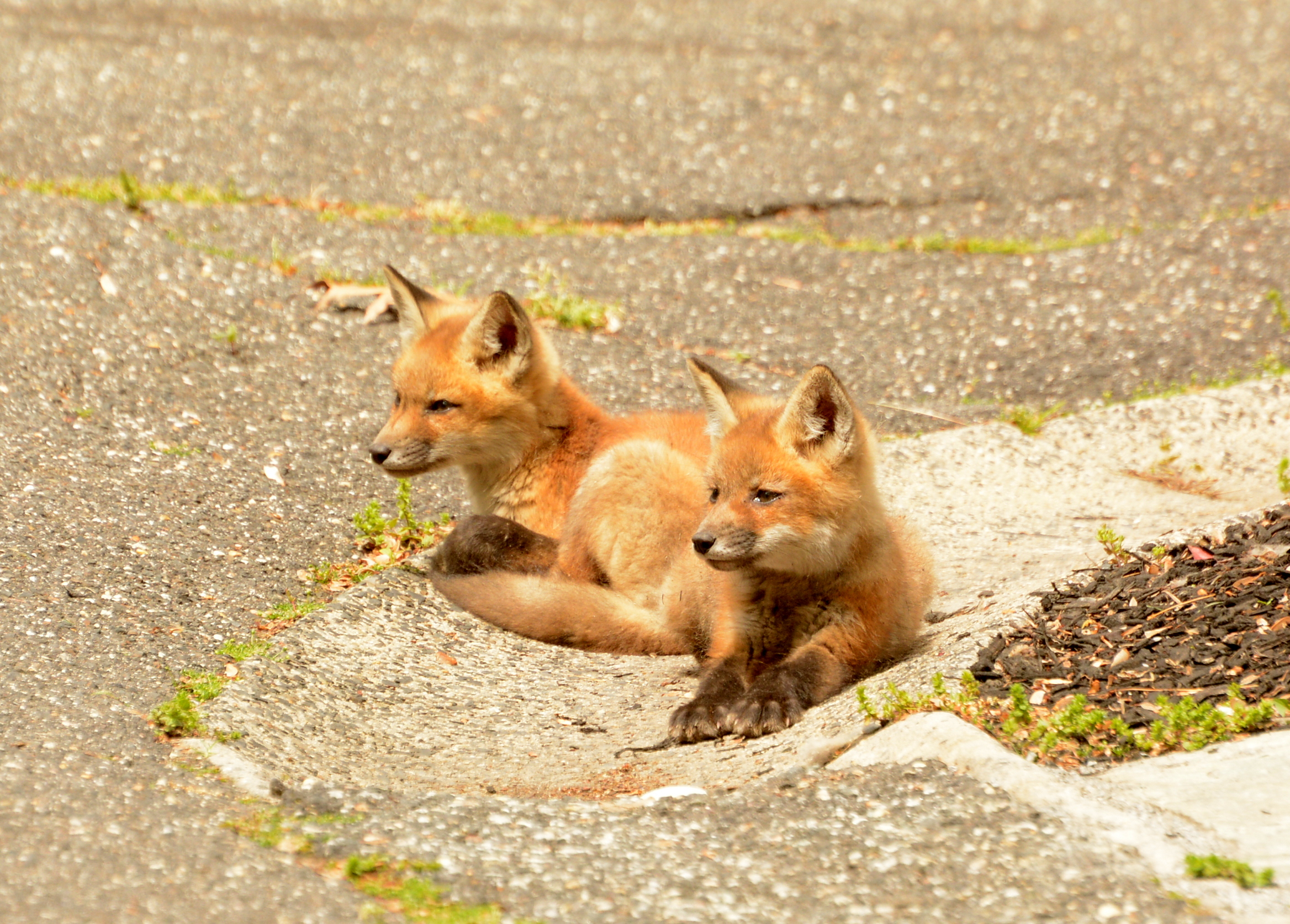
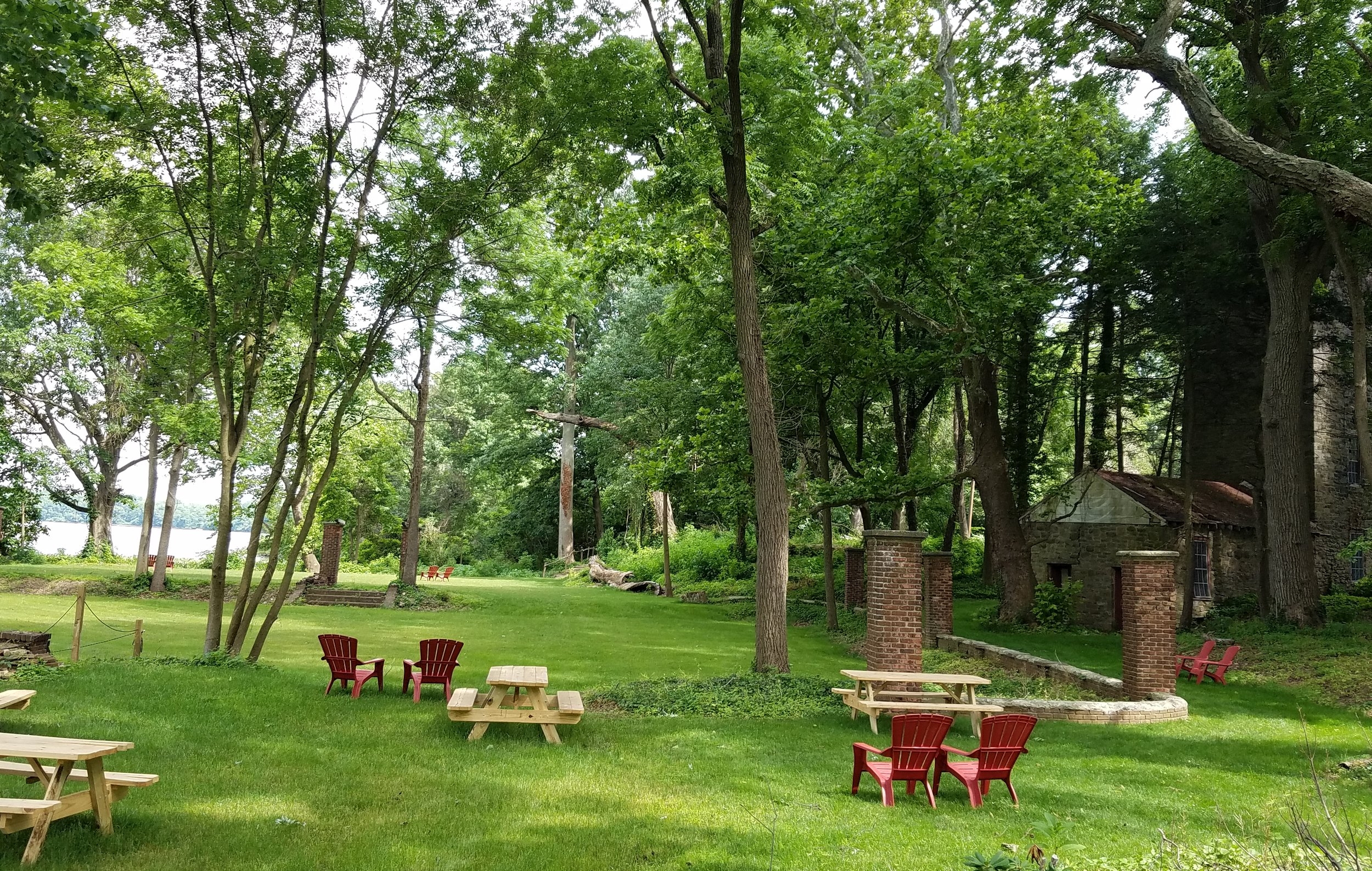




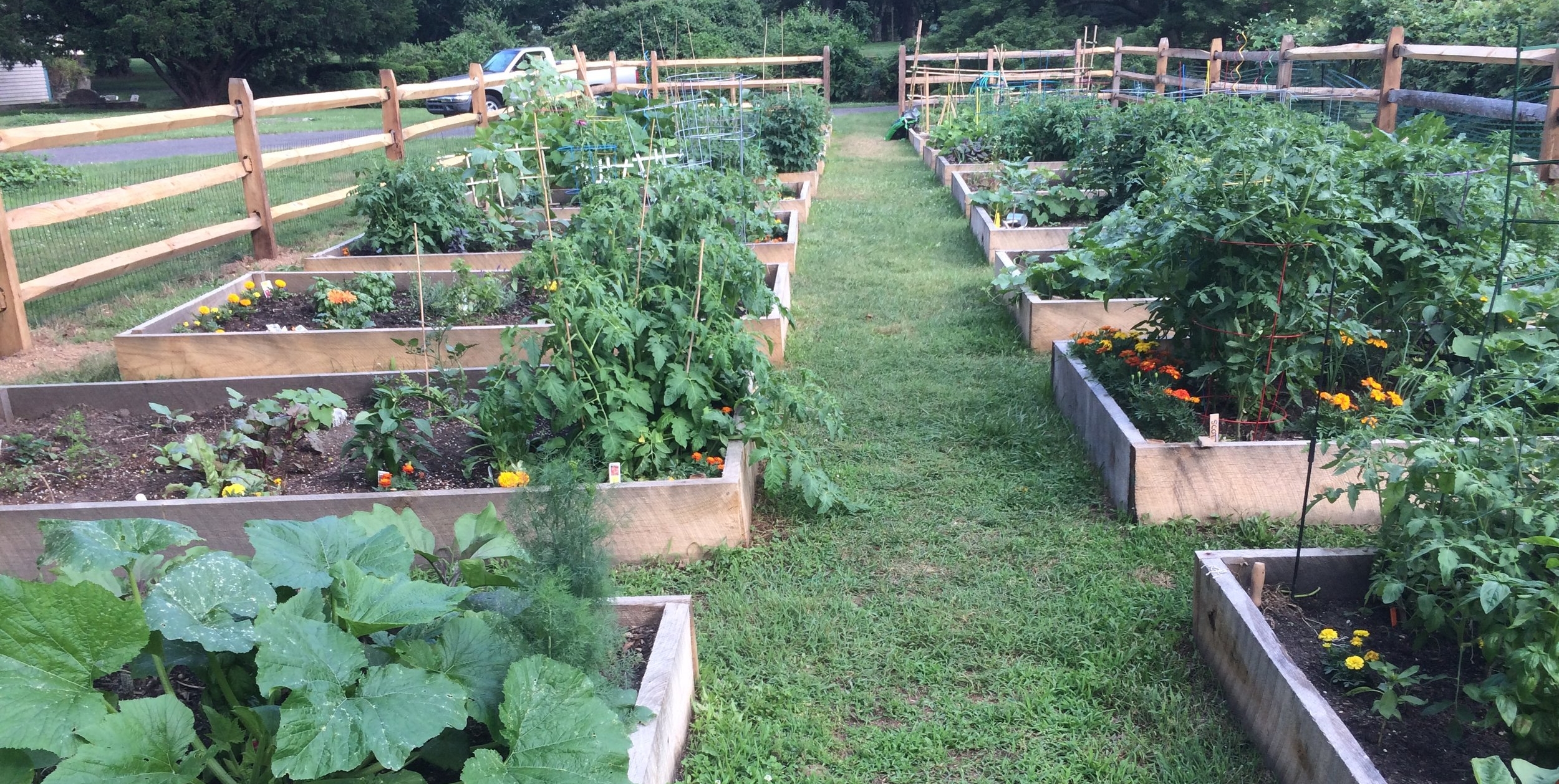
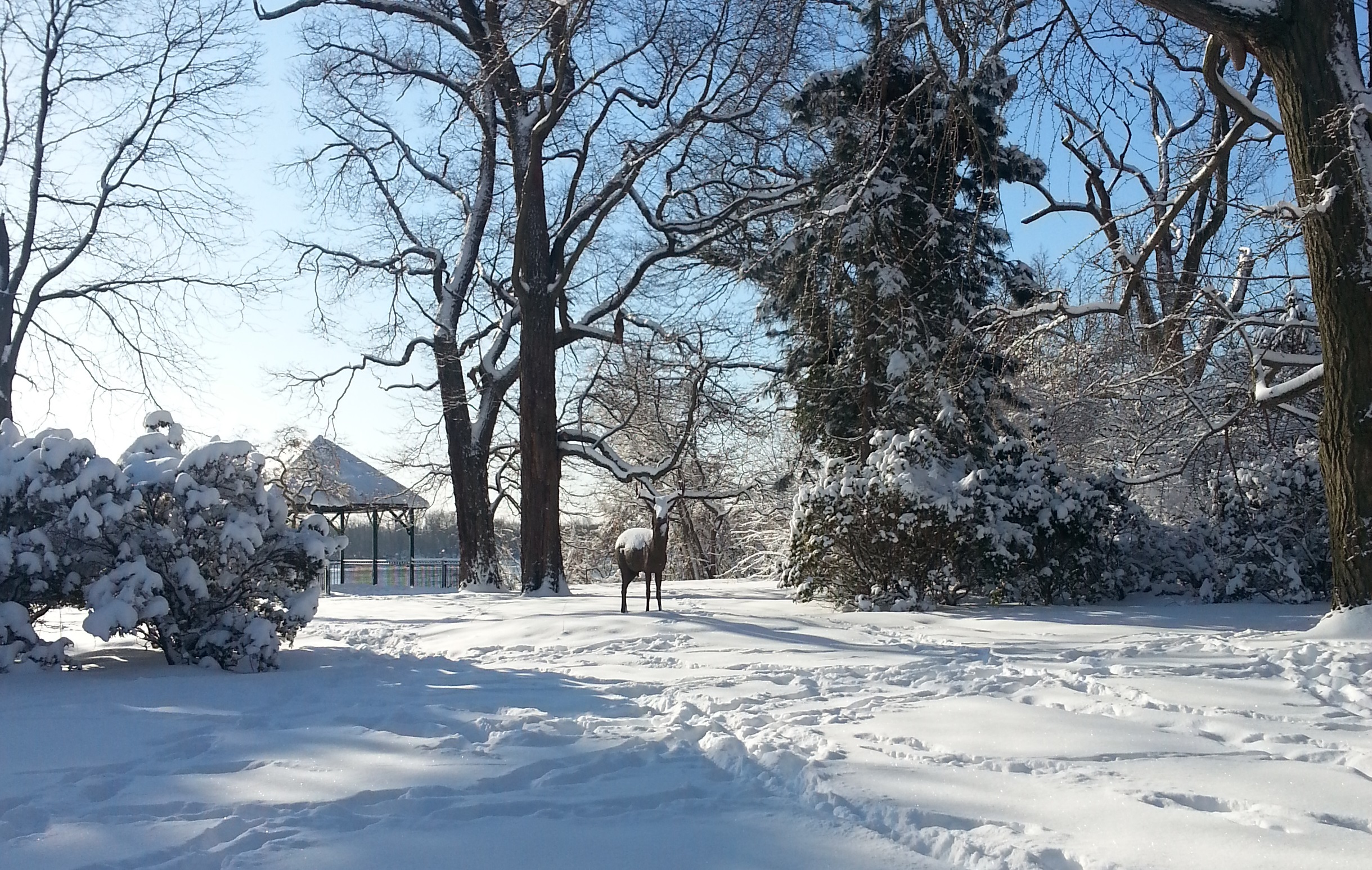
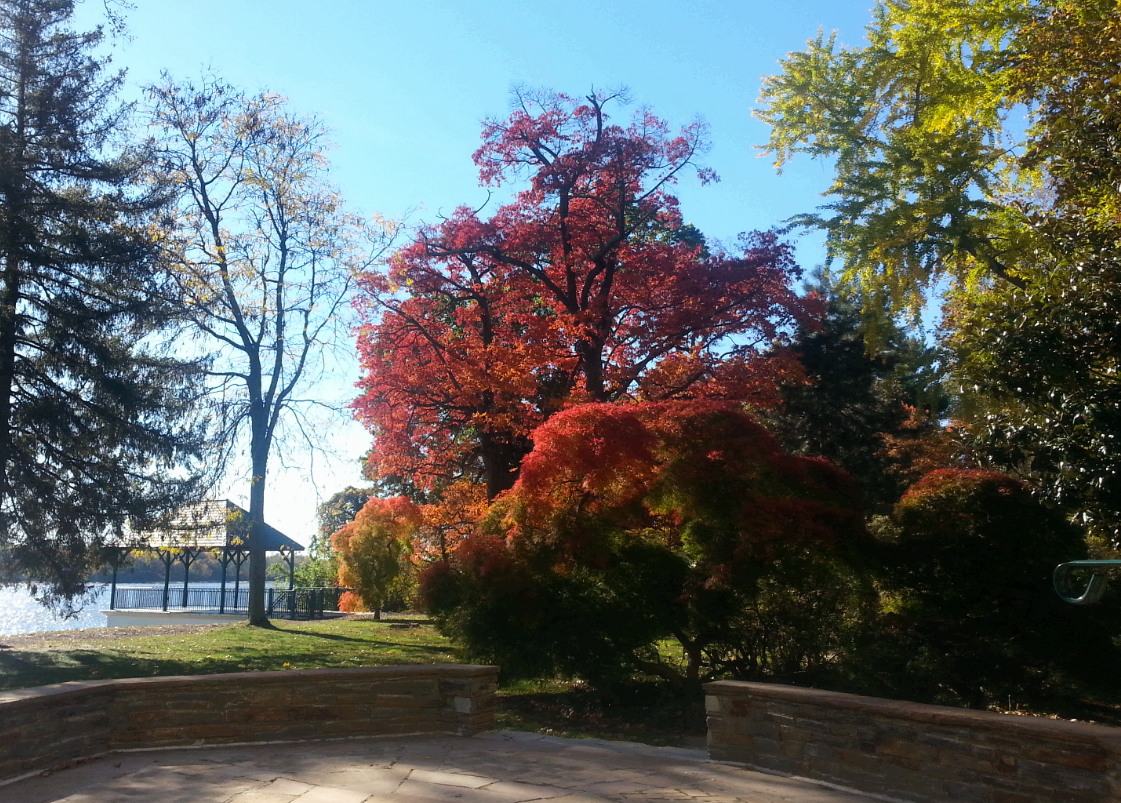

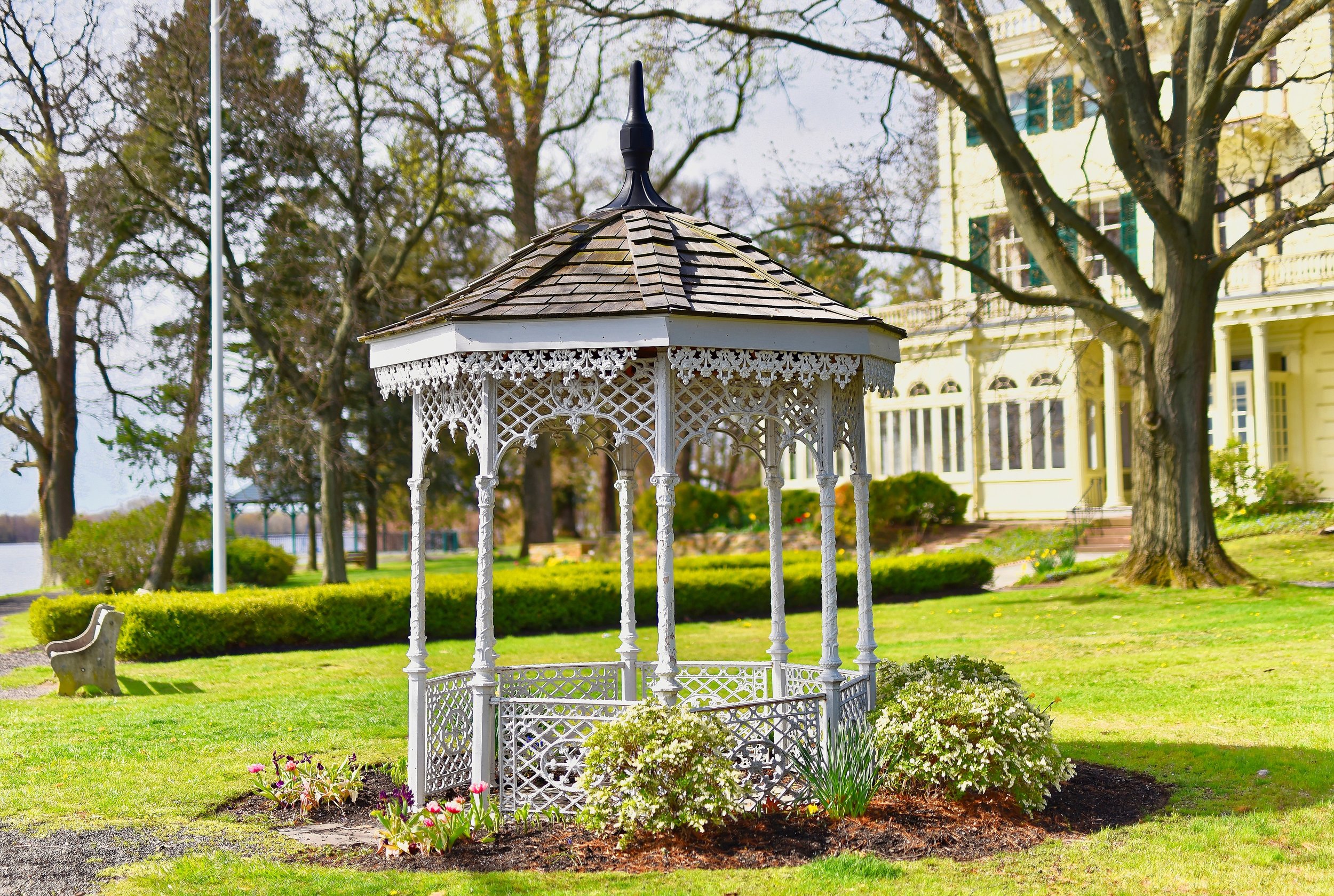

In the 1920s and 30s, Caroline Foerderer, and her daughter, Florence worked with landscape architects Thomas Sears and James Bush-Brown to redesign the grounds. The gardens reflect the American Country Place era and included such features as allées, terraces, fountains, and garden sculpture. Around this time, the garden house was re-purposed into a playhouse for Florence’s two young daughters. Glen Foerd’s Country Place garden features remain intact, but in need of restoration.
Like other wealthy industrialists of the time, William Tonner established a gentlemen's farm in 1919 know as Glen Foerd Farms. No longer in existence, the farm was located on the Bucks County side of the Poquessing Creek, across from the estate. The farm was nationally recognized for the exceptional quality of its Ayrshire cattle, winning numerous milk output awards. The farm's motto was "Six World's Records in Six Years." The farm also had an extensive crop farm operation, which supplied produce for the residents and employees of the Glen Foerd estate.
Little Ugly is a cast iron dog erected by Charles Macalester. It is believed Macalester’s faithful companion greeted him at the top of the river steps as he arrived home. When the dog died the statue was installed in his honor. Little Ugly’s gravestone can be found under the old oak tree along the gravel path leading from the riverside mansion door. The stone lies flat. The inscription reads, "LITTLE UGLY - A Loved and Faithful Friend, Dec'd July 28th, 1871, ‘In Life a Devoted Friend, the first to welcome, the foremost to defend.' "
Today, Glen Foerd plans to restore the Bush-Brown and Sears landscape. We welcome volunteers and donations to assist in this effort.
For information about the history of Glen Foerd’s Landscape download our Cultural Landscape Assessment: Report, Figures, Plates


